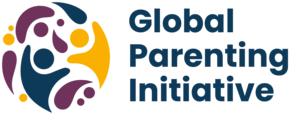Our Partners
The GPI is a collaboration of academic partners, implementing partners, and foundations in Europe, the United Kingdom, Africa, and Asia.
Our Partners

Parenting for Lifelong Health
Endorsed by the UN, Parenting for Lifelong Health (PLH) is a globally recognised, cutting-edge charitable social enterprise committed to providing evidence-based, playful parenting support for everyone, everywhere. Operating since 2012 and legally registered as a charity in 2022, PLH’s aim is to improve child development and prevent family violence through the sustainable scale-up of tailored human-digital, open source, evidence-based parenting solutions within government, NGO, and private sector systems in the Global South and beyond.

The Western Cape Government creates laws for and provides services to the people of the Western Cape province in South Africa. They work closely with the national government and municipalities in the Western Cape to ensure that the citizens of the province have access to the services, facilities, and information they need. They are committed to delivering an open opportunity society for all.
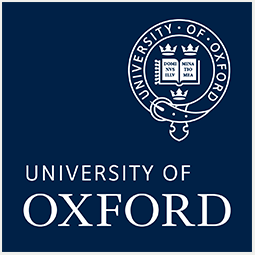
University of Oxford
United Kingdom
The oldest university in the English-Speaking world, the University of Oxford began teaching in 1056. The University consists of 39 colleges and roughly 100 academic departments, with 12,510 undergraduates and 13,044 postgraduates. The GPI falls under the auspices of the Centre for Evidence-Based Intervention within the Department of Social Policy and Intervention, the top-ranked Social Policy department in the UK, and third globally. The University of Oxford is the leading partner on the GPI.
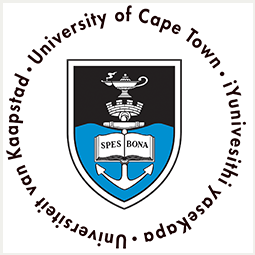
University of Cape Town
South Africa
The University of Cape Town (UCT) is Africa's leading teaching and research institution. Founded in 1829, the University of Cape Town is South Africa's oldest university, and has about 30,000 students, six faculties and over 80 specialist research units. Amongst these is the Centre for Social Science Research, under which the GPI is housed.
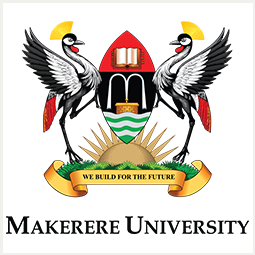
Makerere University
Uganda
Makerere University is Uganda's largest and oldest institution of higher learning. The University is composed of nine colleges and one school offering programmes for about 36,000 undergraduates and 4,000 postgraduates. The GPI falls under the Child Health and Development Centre in the School of Medicine under the college of Health Sciences at Makerere University.
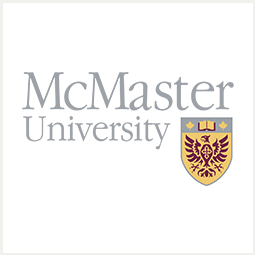
McMaster University
Canada
McMaster University is one of only four Canadian universities ranked among the top 80 universities in the world. Home to over 26,000 undergraduate and 4,700 graduate students, it has six academic faculties and over 70 research centres and institutes. McMaster ranks 1st in Canada and 4th globally for its work to achieve the United Nations Sustainable Development Goal (SDG) 3 on Good Health and Well-Being. The GPI is housed within the Offord Centre for Child Studies, the Department of Psychiatry & Behavioural Neurosciences, and the Global Health Program.
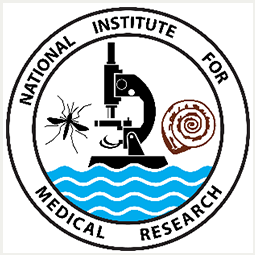
National Institute for Medical Research
Tanzania
The National Institute for Medical Research (NIMR) is the largest research institution in Tanzania, with eight centres and six stations in seven regions of Tanzania. Established in 1979, the NIMR is a parastatal organisation under the Ministry of Health, Community Development, Gender, Elderly, and Children (MoHCDGEC).
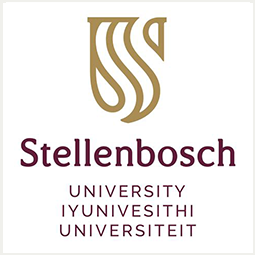
Stellenbosch University
South Africa
Stellenbosch University (SU) is amongst South Africa's leading tertiary institutions based on research output, student pass rates and rated scientists. Established as a tertiary institution in 1874, Stellenbosch University has 29 000 students, 10 faculties and more than 40 research institutions. The GPI is housed under the Institute for Life Course Health Research which is part of the Department of Global Health in the Faculty of Medicine at SU.
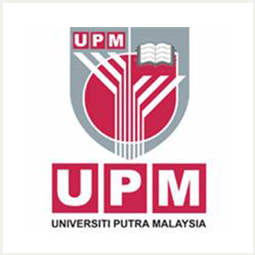
Universiti Putra Malaysia
Malaysia
Universiti Putra Malaysia (UPM) is one of Malaysia's leading research universities. Founded in 1931, the University has 15 000 undergraduate and 10 000 postgraduate students, 15 faculties and 11 research institutes. At UPM, the GPI falls under the Department of Human Development & Family Studies, Faculty of Human Ecology.
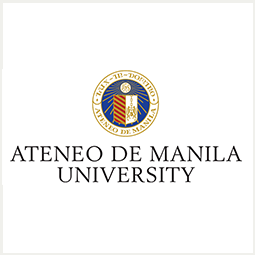
Ateneo de Manila University
Philippines
Founded in 1859, Ateneo de Manila University is widely regarded as the highest-ranked private university and second university overall in the Philippines. The University consists of 12 schools, around 12 schools, around 10 000 - 15 000 students and has at least 30 research centers. The GPI is housed under the Department of Psychology at Ateneo de Manila University.
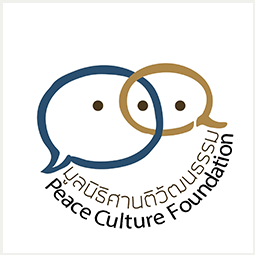
Peace Culture Foundation
Thailand
The Peace Culture Foundation was established in Chiang Mai, Thailand in 2016. Their objectives are to advocate peace and prevent violence through aikido training and other related activities, which include community services projects, research, and training workshops for children, youths, families, schools and the general public. The Peace Culture Foundation has been involved in implementing the Parenting for Lifelong Health programme in Thailand as part of its advocacy work, led by Dr. Sombat Tapanya. They will continue working with the GPI as implementation partners in the roll out of our digital-human hybrid programmes.
Implementing Partners
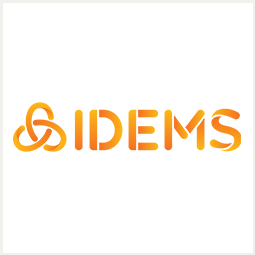
IDEMS International
International
IDEMS International (Innovations in Development, Education and the Mathematical Sciences) is a not-for-profit social enterprise which spun out of academia in an attempt to achieve wider
impact.
Their work cuts across a wide range of areas, from agriculture and climate to parenting and education through software development, where they work in collaboration with others to achieve impactful, positive change in the world.
Their drive for impact leads to a search for practical solutions rather than ivory tower studies, and they are particularly passionate about the use of technology and the mathematical sciences to support development and education.IDEMS International is working with the GPI to create a Parenting for Lifelong Health Digital Ecosystem, developing our ParentApp and ParentText resources, and analytical tools for our Monitoring and Evaluation.
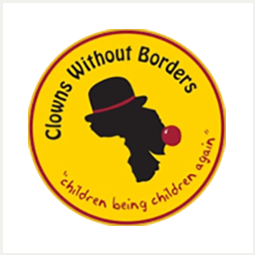
Clowns Without Borders South Africa
South Africa
Clowns Without Borders South Africa (CWBSA) is an artist-led nonprofit organisation dedicated to improving the psychosocial condition of children and communities in areas of crisis through laughter and play. Founded in 2007, CWBSA has provided emotional relief to over 460,000 children and caregivers. CWBSA has been the primary implementation partner responsible for delivering the Parenting for Lifelong Health (PLH) for Young Children and PLH for Parents and Teens programmes, as well as piloting the new ParentChat. CWBSA will be continuing to work with the GPI to deliver and test our new digital-human hybrid parenting programmes.
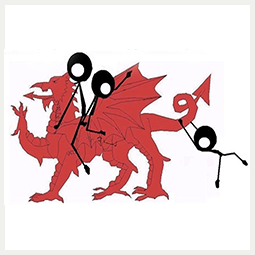
Tal Y Foel
United Kingdom
Tal y Foel Training Ltd was set up by Professor Judy Hutchings and registered as a limited company in 2015 to support international training developments. Professor Hutchings has been a Clinical Child Psychologist since 1976 and set up Tal y Foel Training since her retirement from the NHS. She is one of the founding members of, and contributors to, the Parenting for Lifelong Health (PLH) parenting programme development.
Tal y Foel Training works in conjunction with the Children’s Early Intervention Trust (CEIT), a registered charity in delivering grant funded training and consultation mainly for overseas development work particularly focused on low-income countries and socially disadvantaged families.
Since it was established, Tal y Foel Training Ltd has employed a number of independent trainers to deliver evidence-based programmes to support teachers, parents and children including in Montenegro, the Czech Republic and across the UK. In her work for CEIT Professor Hutchings mainly works on the Parenting for Lifelong Health suite of programmes (particularly the PLH- Young Children programme for parents of 2 – 9 year olds) and also on versions of the Book Sharing programme.
Our Funders
Our work would not be possible without the generous support of our funders:
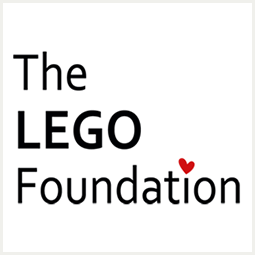
The LEGO Foundation
The LEGO Foundation aims to inspire and develop the builders of tomorrow. The Foundation, which owns 25% of the LEGO Group, is dedicated to building a future in which learning through play empowers children to become creative, engaged, lifelong learners.
It is through the ownership model, that a portion of profits go to funding research projects, activities, and partnerships. In 2021 for example, the LEGO Foundation provided grants of DKK 2.8 billion (USD 443.9 million) to initiatives which help children reach their full potential through play. The LEGO Foundation works in collaboration with thought leaders, influencers, educators, and parents aiming to re-define play, re-imagine learning and equip, inspire, and activate champions for play.
Its work is about redefining play and reimagining learning. In collaboration with thought leaders, influencers, educators and parents, the LEGO Foundation aims to equip, inspire, and activate champions for play.

Oak Foundation
Oak Foundation commits its resources to address issues of global, social, and environmental concern, particularly those that have a major impact on the lives of the disadvantaged. Through their grant-making, they support others to make the world a safer, fairer, and more sustainable place to live. With offices in Europe, India, and North America, they make grants to organisations in approximately 40 countries worldwide
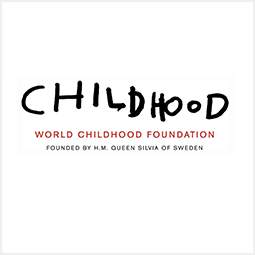
World Childhood Foundation
The World Childhood Foundation, often referred to as Childhood, works to protect children from violence and sexual abuse, while also supporting those who have previosuly experienced it. Founded by Queen Silvia of Sweden in 1999, their vision is to ensure that all children have a safe and loving childhood, free from violence, exploitation and sexual abuse, in a world where such is not tolerated. Childhood provides support to local organisations that are developing new and innovative methods to help vulnerable children and families. They also work actively to strengthen the quality and dissemination of tested models that reach children and families who have not previously received the support they need.
In line with their mission to inspire, promote, and develop solutions to end sexual abuse, exploitation, and violence against children, Childhood has supported over 1000 projects across the globe. They currently subsidise 115 programs in 17 countries.

UKRI Global Challenges Research Fund
The UK Research and Innovation Global Challenges Research Fund (UKRI GCRF) supports cutting-edge research to address challenges faced by developing countries. It is part of the UK’s official development assistance (ODA) and is managed by the Department for Business, Energy and Industrial Strategy.
The Fund aims to encourage research that addresses the United Nations’ sustainable development goals, maximising the impact of research and innovation to improve lives and opportunity in the developing world. The GCRF and its partners support programmes that promote challenge-led disciplinary and interdisciplinary research, including the participation of researchers who may not previously have considered the applicability of their work to development issues; strengthen capacity for research, innovation and knowledge exchange in the UK and developing countries through partnership with excellent UK research and researchers; and provide an agile response to emergencies where there is an urgent research need.
The GCRF puts an emphasis on equitable access to sustainable development, sustainable economies and societies and human rights, good governance and social justice.
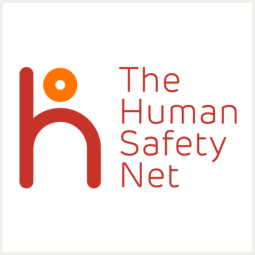
The Human Safety Net
The Human Safety Net is a net bringing together the expertise and experience of dozens of NGOs, social enterprises and experts worldwide. A global movement of people helping people, its mission is to unlock the potential of those living in vulnerable circumstances, so that they can transform the lives of their families and communities. The Human Safety Net programmes support families with young children and integrate refugees through work. To do so, it brings together the strengths of non-profit organisations and the private sector, in Europe, Asia and South America.
The foundation acts as a competence centre on programmes, coordinating design and implementation, monitoring progress and sharing lessons learned as part of a global Monitoring, Evaluation and Learning system.
The engine of The Human Safety Net is a foundation initiated by Generali in 2017. It extends Generali’s purpose of ‘enabling people to shape a safer future by caring for their lives and dreams’ to the most vulnerable in our society.
The Human Safety Net is now active in over 20 countries and more than 400 locations worldwide.
Access The Human Safety Net’s parenting resources and global library here.
Interagency Partners
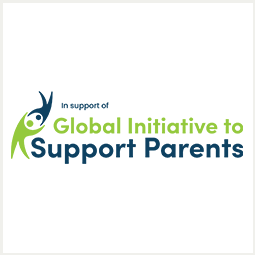
The Global Initiative to Support Parents
The Global Initiative to Support Parents (GISP) is an interagency consortium initiated by UNICEF, WHO, Parenting for Lifelong Health at the University of Oxford, the End Violence Partnership, and the Early Childhood Development Action Network (ECDAN). Founded in light of the COVID-19 pandemic, GISP works to advocate for increased investment in evidence-based parenting support initiatives around the world, with the ultimate goal of scaling parent and caregiver support globally. GISP works through four pillars (innovation, scale, evidence generation and knowledge sharing, and advocacy) to reach this goal. GISP will work with GPI to support scaling of parenting support initiatives and continue to advocate for evidence-based programs.
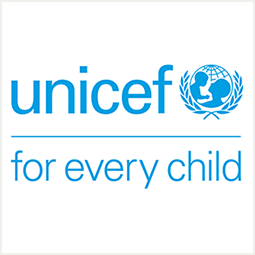
UNICEF
The United Nations Children’s Fund (UNICEF) works in the world’s toughest places to reach the most disadvantaged children and adolescents – and to protect the rights of every child, everywhere.
Across more than more than 190 countries and territories, UNICEF does whatever it takes to help children survive, thrive and fulfill their potential, from early childhood through adolescence.
Before, during and after humanitarian emergencies, UNICEF is on the ground, bringing lifesaving help and hope to children and families. Non-political and impartial, UNICEF is never neutral when it comes to defending children’s rights and safeguarding their lives and futures.
And UNICEF never gives up.
